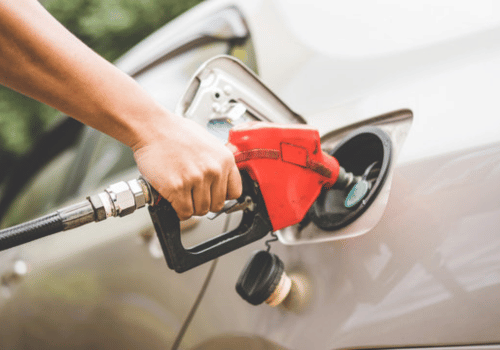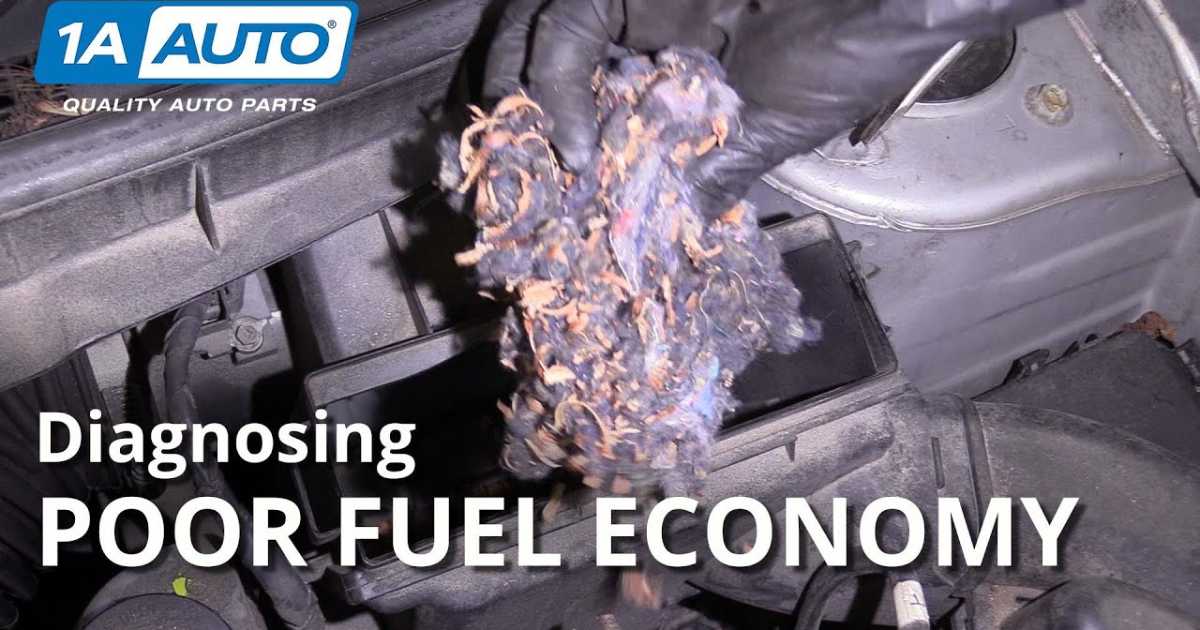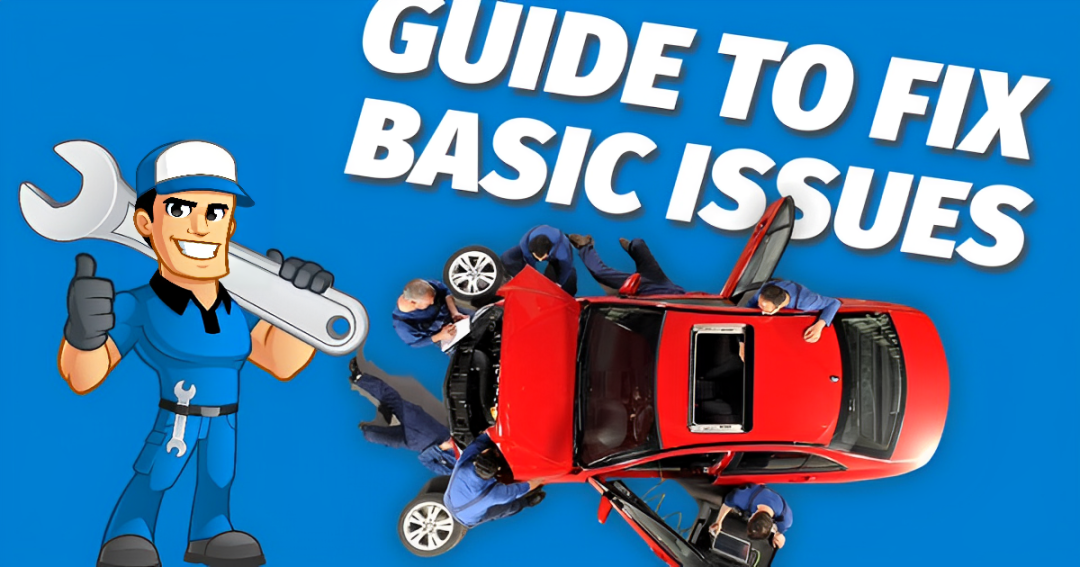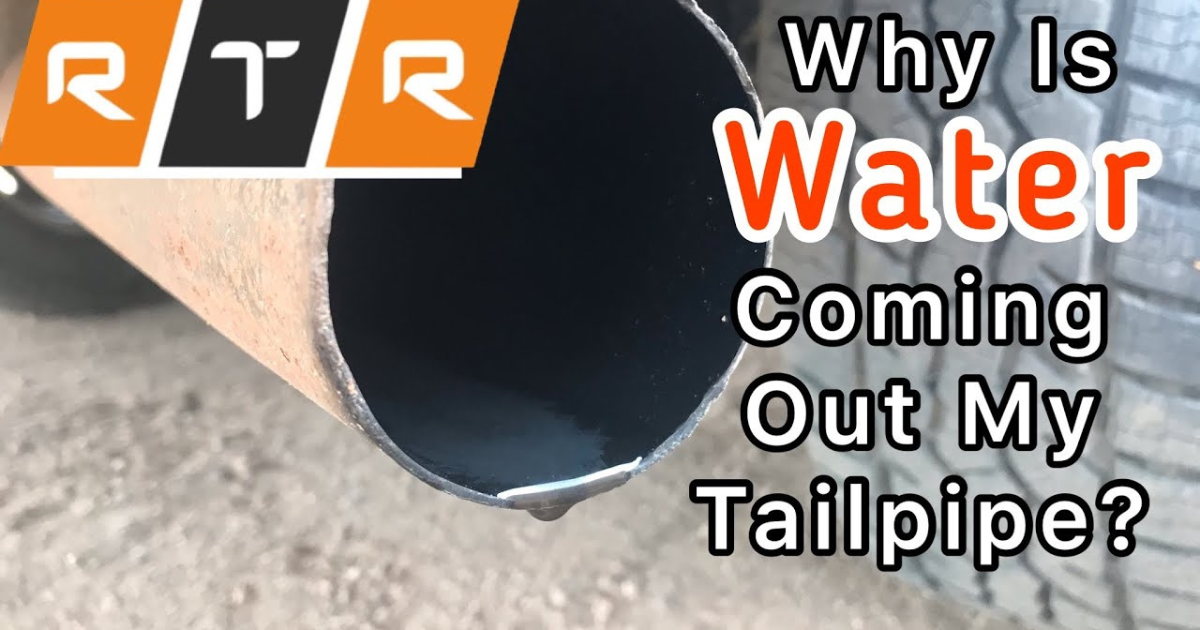Unless you drive an electric car, fuel economy will be a top priority. You probably found this page by searching for “how to improve gas mileage.” You undoubtedly wondered, “Why is my car using so much gas all of a sudden?” Indeed, these worries are valid. Given rising petrol prices and a cash-strapped economy? It’s clear how maximizing your petrol tank benefits your money currently.
What happens now that you’re here? How do you increase your car’s fuel economy to save gas? First, understand why gas mileage is bad. Once you know that, improving your car’s gas mileage is easier. We’ll examine why your car has poor fuel economy.
Bad fuel Mileage Causes

If you have asked yourself, “Why is my gas mileage going down?” your automobile probably has bad gas mileage. Naturally, there are many causes. To put these issues in context, define terrible gas mileage. What is poor gas mileage? And why does it matter?
Bad gas mileage means your car uses more gas than usual. It matters because you pay more for petrol and sometimes indicates other difficulties. Let’s examine why your car uses too much gas.
Improper Tyre Pressure
Car tires have a recommended pressure. Anything below or above that recommended tire pressure affects fuel economy. The driver’s side door commonly has the recommended tire pressure.
Poor O2 Sensors and Air Filters
Your car includes multiple oxygen sensors that assess air intake and emissions and regulate the engine’s air/fuel mix. Due to a mixture imbalance, a malfunctioning oxygen sensor will dramatically impair your car’s gas mileage. Similar principles apply to air filters, which purify the air. Car gas mileage will suffer without enough clean air.
Bad Spark Plugs
Spark plugs are essential to engine combustion. Inefficient combustion from a faulty spark plug will lower your car’s gas mileage. This increases engine gas consumption.
A Bad Exhaust System
Your car’s exhaust system includes the exhaust pipe, O2 sensors, silencer, and catalytic converter. All of these can lower gas mileage, especially if your catalytic converter is damaged.
Incorrect Engine Oil
Did you realize that improper engine oil can substantially reduce gas mileage? As weird as it seems, it does. Incorrect oil weight and type impair engine performance and gas mileage.
Your Driving Style
Driving style is a major contributor to high fuel usage. If you drive like a NASCAR driver, your gas mileage will suffer. Gas mileage will drop due to rapid acceleration and engine revving.
Gas Mileage Improvement
Improving your gas mileage is usually cheap and beneficial. Improve your gas mileage with these steps.
Lose Weight
Not you. Your automobile. Reduce your car’s weight. Keep your car “lean” as possible. This means your car should only have the fundamentals because excess weight affects gas mileage. If they’re useless, get rid of football studs, cargo boxes, and roof racks. Extra stuff in the automobile weighs it down and makes the engine work harder.
Roof racks and cargo boxes slow cars due to wind resistance. Both instances use more gas since the engine works harder. Reducing car weight improves gas mileage dramatically. How to enhance truck or car gas mileage requires mastering this strategy.
Minimum Idling
You know that idling uses more gas than restarting. You may not know that idling cars pollute the air more than moving ones. Reduce idling to the bare minimum to improve fuel efficiency and pollutants. Modern cars include stop-start features that shut off the engine when they stop and restart it when the driver releases the brakes.
Alter your driving style
Did you realize your automobile loses fuel efficiency at 45-50 mph? As you accelerate, the car loses more gas. Hard braking makes an automobile gas guzzler. Why? High speeds increase petrol consumption. In contrast, driving within the speed limit improves gas mileage. The most fuel-efficient car speeds vary. However, most cars lose fuel efficiency after 6omph. Fast driving makes little sense unless you’re in a race.
Maintain Tyre Pressure
Do this to boost gas mileage. Proper tire pressure improves gas mileage. The car needs greater engine power when the tires are underinflated. The greater rolling resistance takes more engine power to drive the car. Gas mileage decreases with engine load. Proper tire pressure eliminates rolling resistance, which increases vehicle energy consumption.
Regular Car Maintenance Is Key
Replacement of inefficient parts during regular car maintenance boosts efficiency. You recommended a maintenance schedule for a reason. Regular car maintenance identifies parts to replace to optimize gas mileage and engine combustion. Changes to air filters, catalytic converters, and fuel injectors improve fuel system efficiency. This boosts gas mileage.




